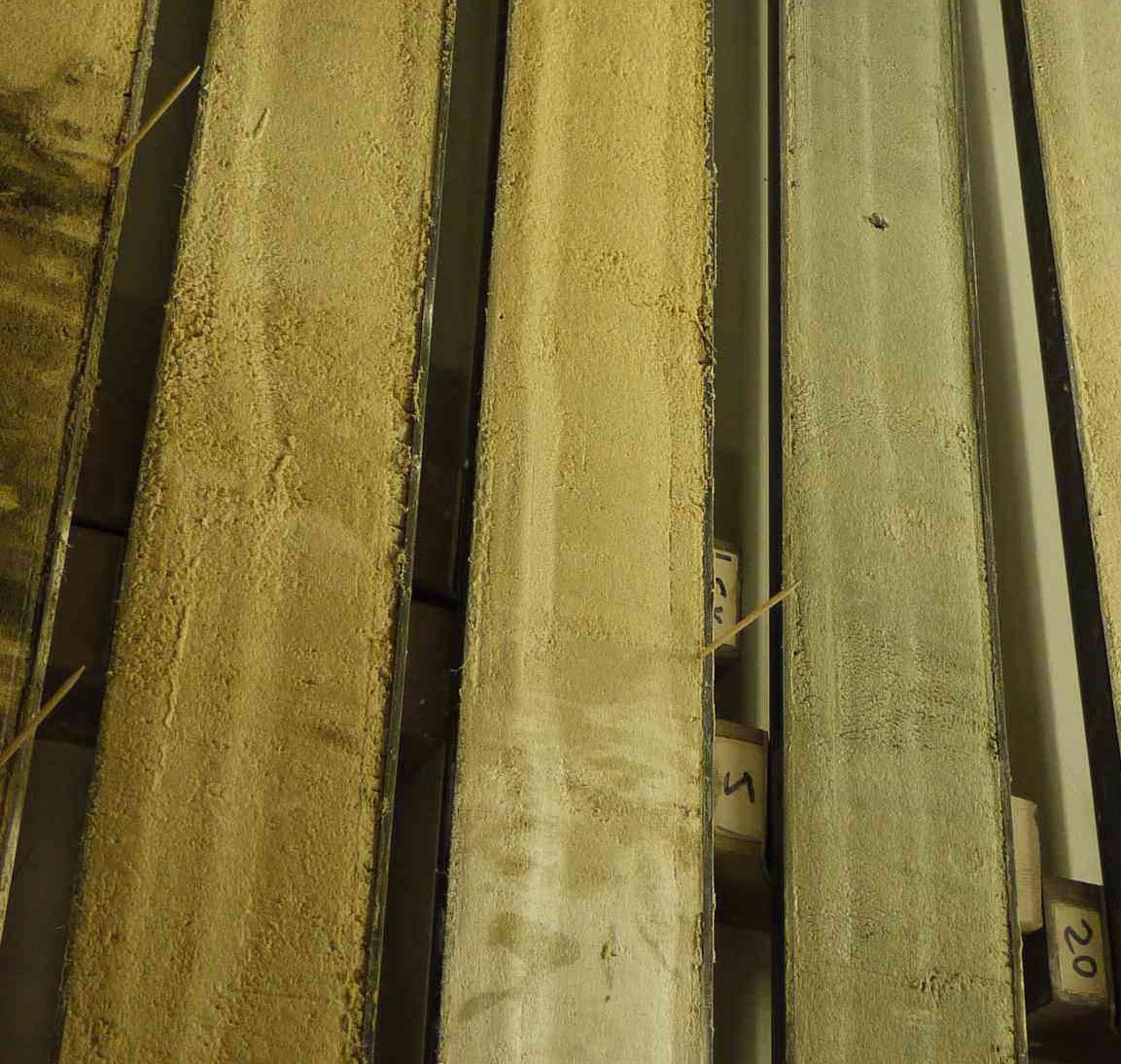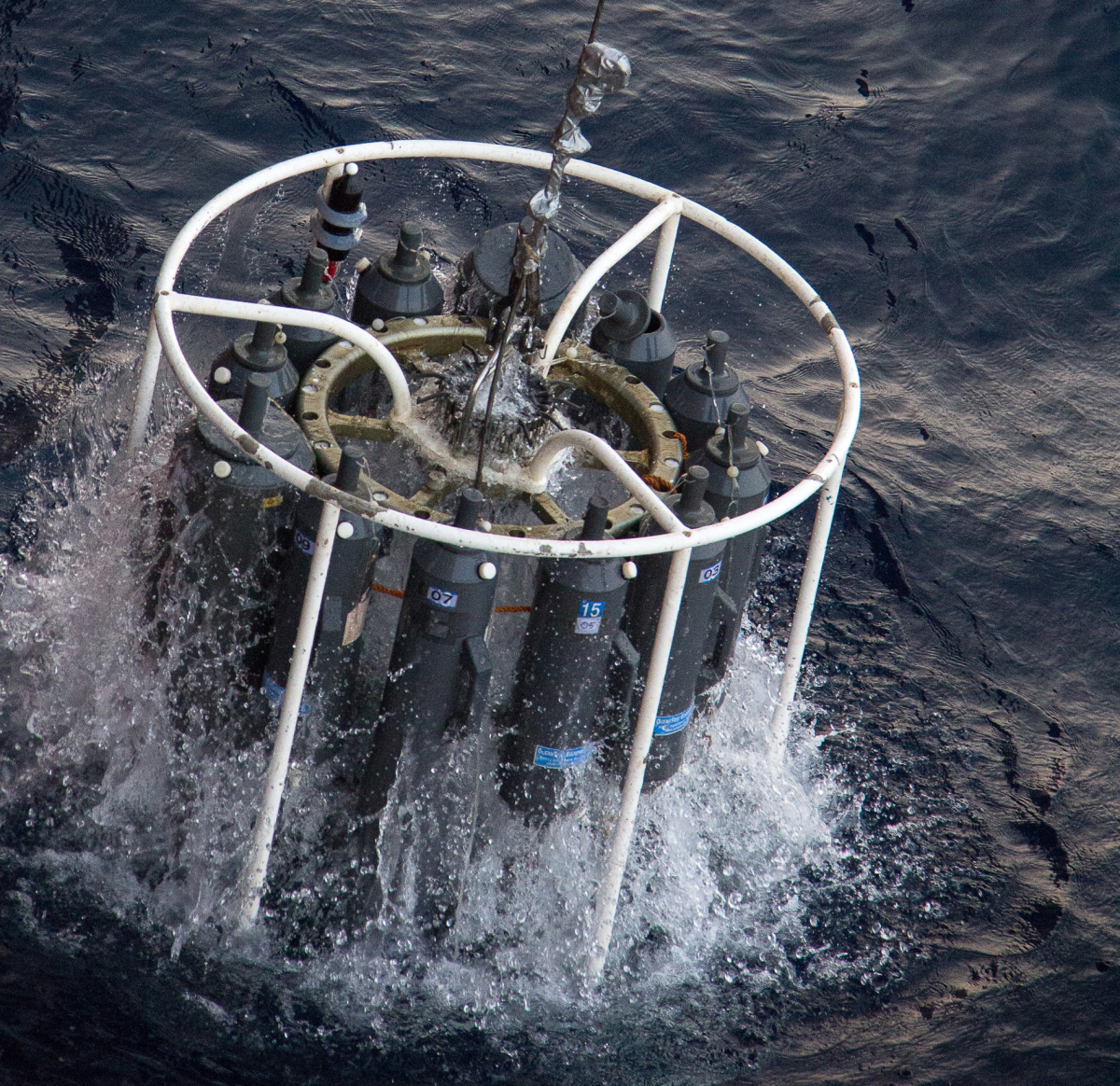Page path:
- Marine Isotope Geochemistry Group
Marine Isotope Geochemistry Group
The Max Planck Research Group for Marine Isotope Geochemistry was established in collaboration between the Max Planck Institute for Marine Microbiology (Bremen) and the Institute for Chemistry and Biology of the Marine Environment (ICBM, University of Oldenburg) in August 2011. The labs and offices of the group are at the ICBM in Oldenburg.
Our research focuses on the understanding of past and present processes and changes in the ocean and the climate system that can be deduced from stable and radiogenic isotopes in seawater, marine sediments, biogenic calcite, and terrestrial material deposited on the seafloor.
Radiogenic isotopes of neodymium (143Nd/144Nd) and strontium (87Sr/86Sr) are powerful tracers to study the origin and pathways of water masses in the ocean, and terrigenous material transported to the ocean, as well as the sources and fluxes of particles and elements along ocean margins.
Radiogenic isotopes of neodymium (143Nd/144Nd) and strontium (87Sr/86Sr) are powerful tracers to study the origin and pathways of water masses in the ocean, and terrigenous material transported to the ocean, as well as the sources and fluxes of particles and elements along ocean margins.

